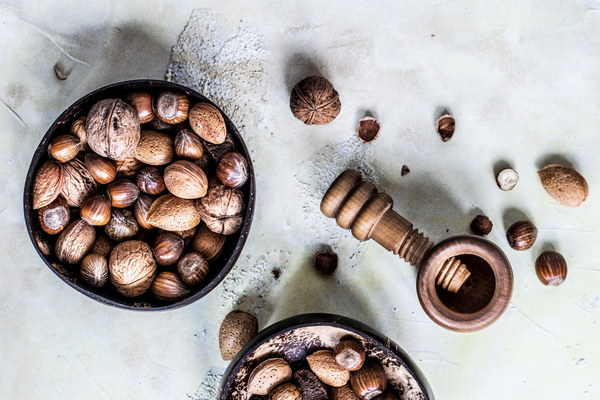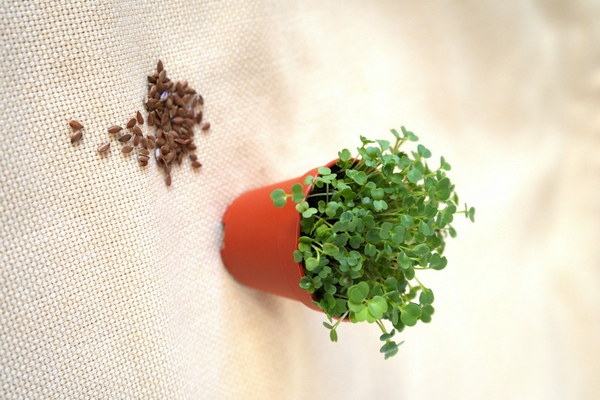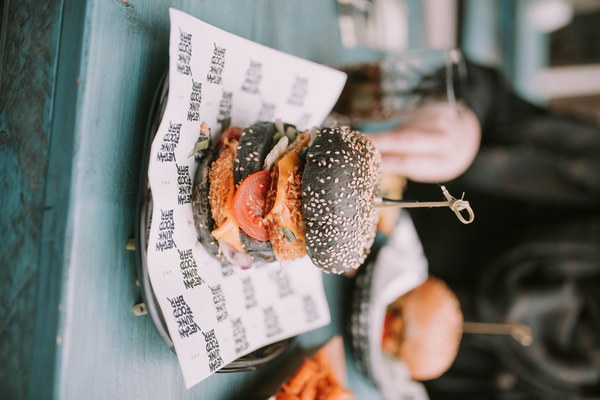Nourishing Recovery A Guide to Nutritional Support for Stroke Survivors
Introduction:
Stroke, a leading cause of long-term disability, requires comprehensive rehabilitation to regain physical, cognitive, and emotional functions. While medical interventions play a crucial role in stroke recovery, nutritional support is equally important. This article aims to provide a comprehensive guide to the essential nutrients and dietary considerations for stroke survivors to enhance their recovery process.
1. Protein: The Building Blocks of Recovery
Protein is essential for muscle repair, tissue growth, and overall recovery. Stroke survivors require increased protein intake to support tissue repair, muscle strength, and cognitive functions. Good sources of protein include lean meats, poultry, fish, eggs, dairy products, legumes, nuts, and seeds.
2. Fiber: Promoting Digestive Health
A high-fiber diet can help regulate bowel movements, reduce constipation, and lower the risk of cardiovascular diseases, which are common complications in stroke survivors. Fiber-rich foods include fruits, vegetables, whole grains, legumes, nuts, and seeds.
3. Healthy Fats: Fueling Brain Repair
Healthy fats, particularly omega-3 fatty acids, are crucial for brain repair and cognitive function. Omega-3s can be found in fatty fish (like salmon, mackerel, and sardines), flaxseeds, chia seeds, walnuts, and omega-3 fortified eggs.
4. Vitamins and Minerals: Supporting Overall Health
Vitamins and minerals are essential for various bodily functions and recovery. Here are some key nutrients for stroke survivors:
- Vitamin B6: Supports cognitive function and aids in the production of neurotransmitters.

- Vitamin B12: Essential for nerve function and red blood cell production.
- Folic acid: Helps in the production of DNA and reduces the risk of cardiovascular diseases.
- Magnesium: Helps in muscle and nerve function, blood pressure regulation, and antioxidant protection.
- Calcium and phosphorus: Important for bone health and muscle function.
- Potassium: Helps regulate blood pressure and nerve function.
5. Hydration: The Foundation of Recovery
Proper hydration is crucial for overall health and recovery. Stroke survivors should drink plenty of fluids, such as water, herbal teas, and clear broths. It's essential to avoid excessive intake of sugary drinks and caffeine, as they can contribute to dehydration and increase the risk of heart disease.
6. Dietary Tips for Stroke Survivors
- Consult a registered dietitian or nutritionist to develop a personalized meal plan that meets your specific nutritional needs.
- Aim for a balanced diet that includes a variety of foods from all food groups.
- Consider smoothies or pureed foods for individuals with swallowing difficulties (dysphagia).
- Limit processed and high-sodium foods, as they can contribute to high blood pressure and other health issues.
- Practice portion control to maintain a healthy weight, which is crucial for recovery.
- Stay active, as physical activity can enhance the benefits of a balanced diet.
Conclusion:
Nutritional support is a vital component of stroke recovery. By focusing on protein, fiber, healthy fats, vitamins, minerals, and hydration, stroke survivors can optimize their recovery process. Working with healthcare professionals and following a personalized meal plan can help ensure a successful and healthy recovery journey.









